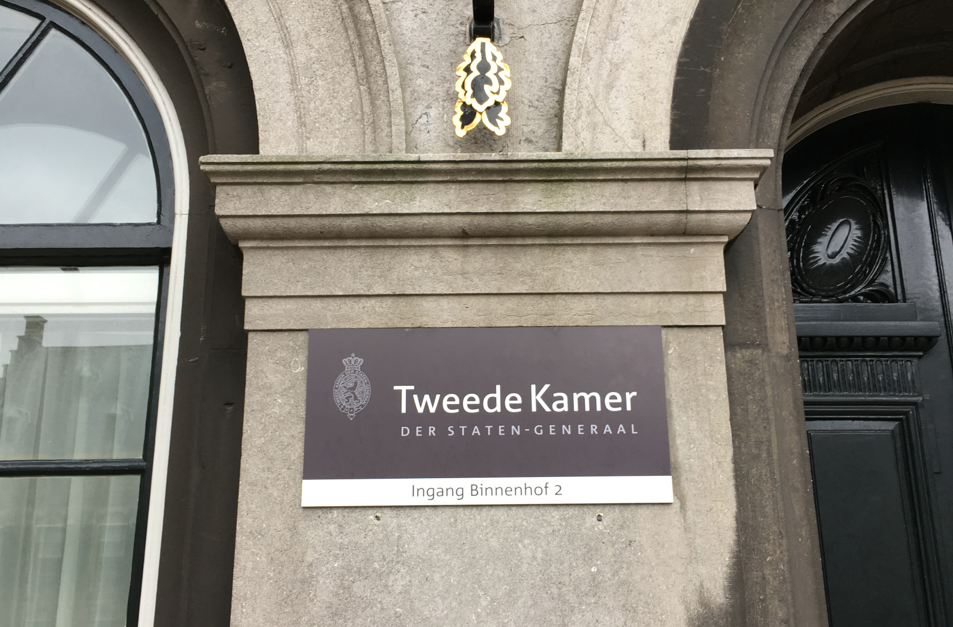Binding referendums one way to boost trust in Dutch political system


The Dutch parliamentary system is outdated and urgent action needs to be taken to ensure a large percentage of the population again feel represented, according to a government commission set up to look at reforms.
The commission, under the leadership of Noord-Holland king’s commissioner Johan Remkes, has been studying the situation for two years and concludes that updates to the current electoral system are needed.
The last major overhaul took place in 1917 when universal suffrage for men was introduced. Since then, people have become richer, better educated and better informed, the commission says.
However, the gap between the well-educated and low-skilled has become wider, the country is more culturally diverse and people are more likely to speak their mind due to digitalisation, the commission said.
The low-skilled in particular do not feel that they are being heard and that their interests are not being taken into account in decision-making, and in the long term ‘that is worrying’, Remkes said.
The commission has made a number of recommendations to close the gap in society and make parliament more accountable. These include:
- The introduction of a binding, corrective referendum for new legislation, with a ‘no’ vote from 33% of the electorate required to have laws scrapped.
- More emphasis on preference voting in the national elections, perhaps with an element of regional representation.
- The person who leads coalition formation talks should be elected, not appointed
- May 5 (Liberation Day) should be a public holiday
Ministers will respond to the proposals in the coming months. Home affairs minister Kajsa Ollongren said in an initial reaction that the cabinet would take up the challenge and that she hoped for a broad public debate.
Thank you for donating to DutchNews.nl.
We could not provide the Dutch News service, and keep it free of charge, without the generous support of our readers. Your donations allow us to report on issues you tell us matter, and provide you with a summary of the most important Dutch news each day.
Make a donation